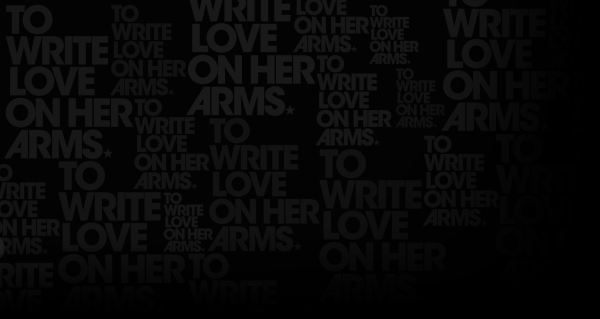You Are More Than These Moments
I wouldn’t consider myself sick anymore. In fact, I would say I am now the opposite and am living some of the happiest, most fulfilling days of my life. Yet, when I go to the doctors and they order my medication, they label me as “severely depressed.” And I guess you could say I am. Well, at least if you are assessing the chemical imbalance in my brain, anyway.
When I was a teenager, this chemical imbalance caused me moments of severe anxiety. Most of the time, it was like I was constantly in a state of stress and panic. I felt out of control and couldn’t understand what I was feeling or doing. You know that saying about “making mountains out of molehills?” I could have invented it. I stressed for days over so many glances, side brushes, and miscellaneous thoughts that I should have just passed over.
These moments seemed incredibly long and were hardest when I was alone. The reoccurring thoughts of self-injury visited me daily from the time I was 13 years old, and I soon became terrified of them. Every time they nested themselves in my head, I would go into fight mode. With the help of a psychiatric nurse, I began to put things in place to combat these thoughts. We developed strategies of whom to contact should I ever reach what I perceived to be “the end” and designated times for my family to check on me if I needed to be alone in a room. Yet, I found these strategies began to fade away in moments of intense anxiety. The people in my life, the things I owned, the promise of tomorrow—all turned sepia-toned in the moments when I felt at my weakest, when it was just me and the choice to live or die.
After fighting these thoughts and the monster of anxiety in my stomach for many months, I knew I had to resolve them. Depression makes you feel worn out, tired, and weary. The anxiety I was experiencing daily only added to this, and it felt like my brain wouldn’t turn off. Anxiety really had become a creature of its own, and I had to stop “it.”
Then, at 14, I made a promise to God. I promised him I wouldn’t hurt myself, that I would finish what I was supposed to do on earth. It sounds simple, really, but that promise changed my life. My anxiety, my fear, and my pain had boxed me in, night after night, threatening me with the inevitability that I would succumb to their taunts. But when I made the promise, it gave me something solid to stand on when I felt weak. From then on, even when it became especially hard, I made myself accountable to that promise. I learned to ride the wave of emotional pain in those moments. I used this promise to remember that better days were ahead. And if this was true, it meant I was more than those moments of severe anxiety and panic.
Life is made up of moments. Some are quick, and some last for a season. These moments—the highs, the lows, and the days of monotony—that’s living. And as we continue on our journey, we must somehow learn to navigate each of these moments. I am the first to say I struggle with this. In fact, during a particularly bad point last year, I made the decision to avoid certain parts of my routine, as they prompted obsessive thoughts to play with my mind once again. But I also remembered the promise I had made. It nudged me forward, insisting I remember that those “sepia moments” in my life were actually part of a collage full of color and promise.
Dear friend, life has a purpose. We are alive for a reason. I know the darkness you feel, when there are people surrounding you and you still feel alone. When you are hidden in your room or on a computer in the corner. That was me. But these are just moments, just part of a whole. They are images that, when put together, create the story of your life. Remember that. Remember you are more than the pain. Remember you are more than those words. Remember you are more than your mistakes. Remember you are more than these moments.
